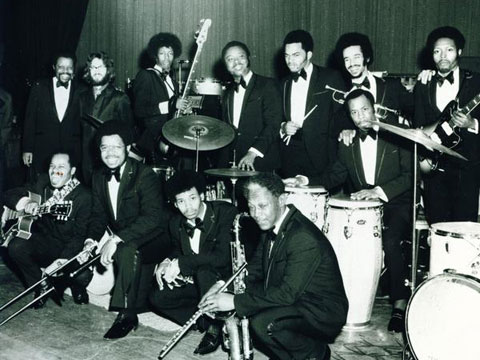Despite what seems like an alarming degree of confusion and despair in the intro to my last post, things are okay. Despite the fact that 2011 has been a year of intense, painful loss and transition, things are okay. Despite the fact that the country seems to be in a state of dynamic chaos and flux right now, things are okay. Of course, things are not really okay at all in the cosmic sense, but in the day-to-day grind, and in the essential need to find happiness and contentedness in the moment, things are okay. Which is all any of us can hope for, really.
Honestly, considering the over-arching economy and political atmosphere that we face, I’d say Dolly and I are doing damn fine in light of current circumstances. I did recently get a job, which has done wonders not only for my rejuvenated self-esteem and confidence, but will also continue to lighten the stress of bills, student loans, and other anonymous expenses weighing heavy on my mind for the last few months. I’m still playing catch-up with my finances, so LP’s have not been top on my list in terms of necessary priorities, but luckily I have a stockpile of vinyl purchased this last summer that sits patiently in sleeves, waiting for me to eventually put it on the turntable and, if I deem it worthy, display its sterling qualities for all of cyberspace to see. I got heat in the crates for days, so don’t you worry, fearless reader. The archaeology of untold wonders shall continue…






